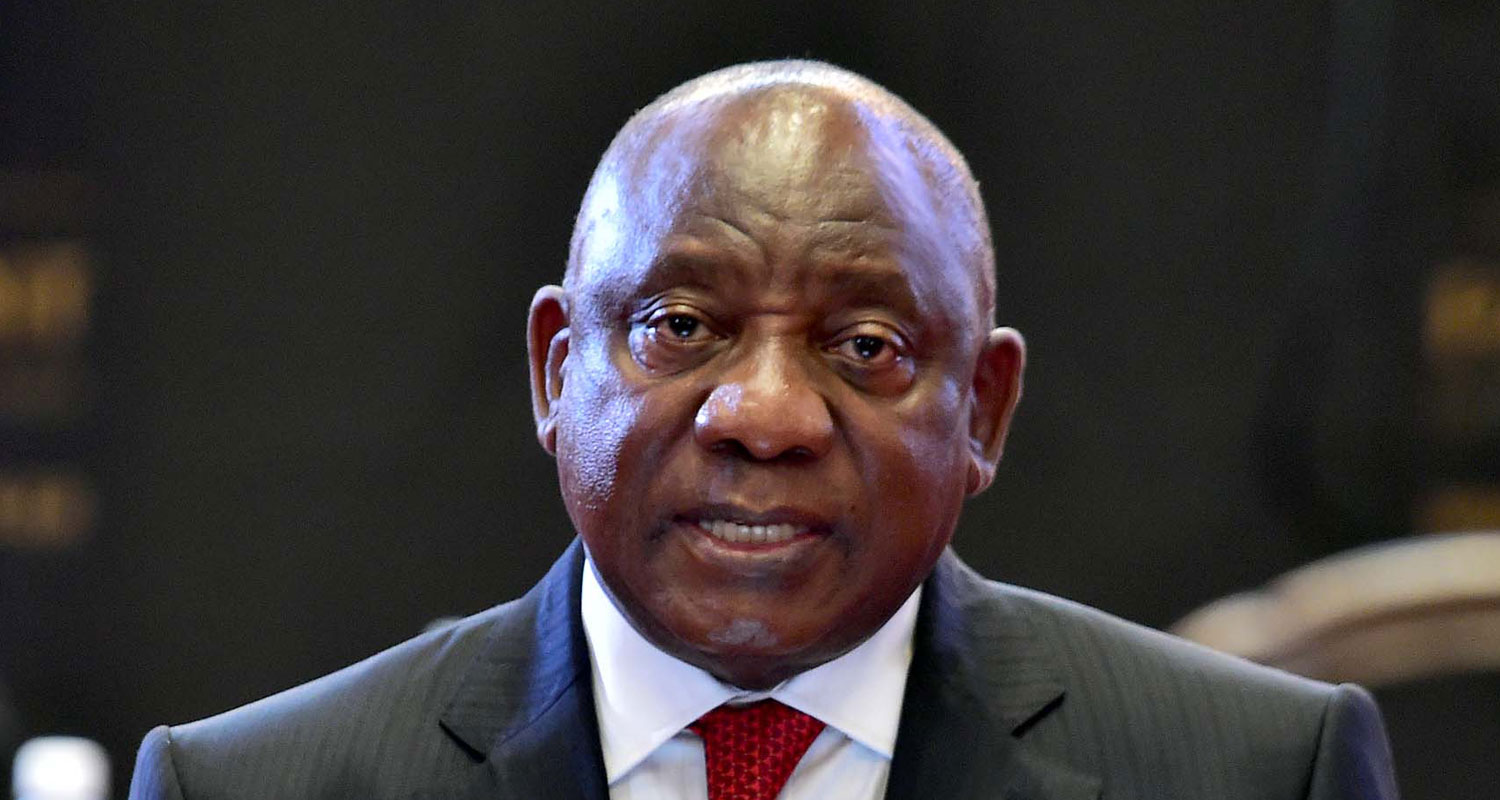
President Cyril Ramaphosa told parliament on Thursday that the new Eskom board is expected to undertake a full assessment of the efficiency of leadership at the state-owned power utility.
Answering questions on whether Eskom CEO André de Ruyter should keep his job, Ramaphosa said the new board will soon undertake an assessment of all managers at Eskom. “The group CEO reports to the Eskom board, which conducts performance reviews against agreed targets,” he said.
“The new Eskom board was appointed on 1 October and will be given the space to assess what needs to be done to improve efficiency of the existing plant and the effectiveness of the management and operators at all levels.
“The new board has the skills, experience and the expertise to undertake a thorough assessment of current executive leadership at Eskom and take whatever steps they consider necessary to address areas of weakness – and they must be given the space to do so.”
Ramaphosa emphasised that allowing the board to do its assessments is crucial given the high frequency of management changes in the past.
“There is no state entity that has had as many CEOs as Eskom… We need to have a proper assessment of everybody at Eskom. We also need to have an assessment of our various power stations. That process is under way,” he said.
“I’d like us to allow the board to embark on this process and they will be able to brief [government] on what their assessment is, and it is then that they will propose how best the matter should be handled.”
‘Now a board matter’
“Eskom has gone through enormous challenges and difficulties. Let us give them the support they need so that they can do their work. Where they fail, clearly action does need to be taken, but that is now a board matter.”
The president said plans to upskill workers and reintroduce experienced former Eskom employees is under way to address the load shedding crisis. These challenges have been both structural and operational, he said.
“Among the structural challenges is the fact that there has been insufficient investment at the Eskom level in new generation capacity build that was needed two decades ago. This has resulted in a national capacity shortage of between 4GW and 6GW.
Read: State to take over billions of Eskom debt
“As a result of these challenges, power stations were run very hard, to their maximum capacity, with poor reliability, maintenance and neglect of mid-life refurbishment.
Read: Eskom shuts down 60-year-old Komati power station
“We need skilled people… with great knowledge and expertise. We are focusing on improving skills. We are focusing on bringing the skills in-house. There were many people who were very experienced at Eskom who left years ago, and we are seeking to bring those back,” he said.




